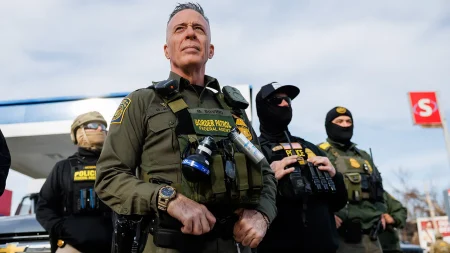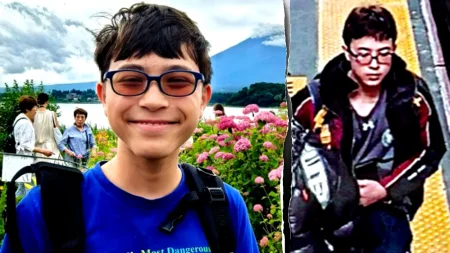When Progressive Politics Meets Pragmatic Engagement
In a notable moment of cross-ideological engagement, progressive Mayor-elect Zohran Mamdani garnered unexpected praise following his meeting with President Trump. The encounter highlighted a strategic approach to governance that some progressives view as necessary bridge-building, while others see as potential compromise of core values. Mamdani, who has built his political career on bold progressive policies and grassroots organizing, appeared to navigate the meeting with diplomatic skill that earned him acknowledgment from across the political spectrum. The meeting represented an increasingly common dilemma for progressive officials: how to engage with ideological opponents while maintaining their principles and working effectively within existing power structures to achieve meaningful change for constituents.
However, not all progressive leaders view such engagement through the same lens. Michelle Wu, the similarly progressive mayor of Boston who has earned national recognition for her innovative urban policies, offered a contrasting perspective on dealing with political opponents. Wu cautioned that “flattery is not the way” when engaging with those holding fundamentally different views on governance and social issues. Her stance reflects concerns within progressive circles that diplomatic engagement might be misinterpreted as endorsement or could potentially normalize policies that many progressives consider harmful. Wu’s approach emphasizes maintaining a clear distinction between necessary official interactions and what might appear as political validation, suggesting that progressive officials can fulfill their duties without softening their critique of opposing ideologies.
These divergent approaches from Mamdani and Wu represent a broader tactical discussion within progressive politics about effective governance in polarized times. Both leaders maintain similar policy goals—addressing inequality, expanding public services, and advancing social justice—but differ in their methods of navigating relationships with ideological opponents. Mamdani’s approach suggests that finding common ground, even temporarily and on limited issues, can advance progressive priorities in contexts where collaboration is necessary. Wu’s perspective cautions that excessive accommodation risks diluting the transformative vision that brought progressive leaders to office in the first place, emphasizing the importance of maintaining clear boundaries in cross-ideological engagement.
The tension between these approaches reflects larger questions about governance facing progressive officials nationwide. As more progressive candidates win elections in diverse jurisdictions, they increasingly face practical governance challenges that require working within existing systems while simultaneously attempting to transform them. This dual mandate creates complex strategic decisions about when to compromise, when to confront, and how to balance immediate constituent needs with longer-term structural change. Both Mamdani and Wu have demonstrated success in their respective political environments, suggesting that different engagement strategies may be appropriate depending on specific contexts, constituencies, and political dynamics.
What unifies these progressive leaders, despite tactical differences, is their commitment to translating progressive ideals into tangible policy outcomes. Both approaches recognize that electoral victories represent only the beginning of the more challenging work of governance. Whether through Mamdani’s willingness to engage across ideological lines or Wu’s emphasis on maintaining clear progressive boundaries, both leaders remain focused on delivering concrete improvements in housing affordability, public transportation, climate resilience, and economic opportunity. Their differing approaches to engagement with political opponents ultimately serve the same goal: creating more equitable, sustainable, and just communities through the practical application of progressive governance.
As progressive politics continues to evolve beyond critique into the complex realities of governance, these strategic discussions about engagement will likely intensify. The experiences of leaders like Mamdani and Wu provide important case studies for progressive officials navigating similar tensions between idealism and pragmatism. Their approaches suggest that progressive governance requires both principled clarity and tactical flexibility—maintaining core values while adapting to political realities that often necessitate working with those who hold fundamentally different worldviews. The ongoing conversation between these approaches will continue to shape how progressive politics translates from movement activism into effective governance that delivers meaningful change for communities.










